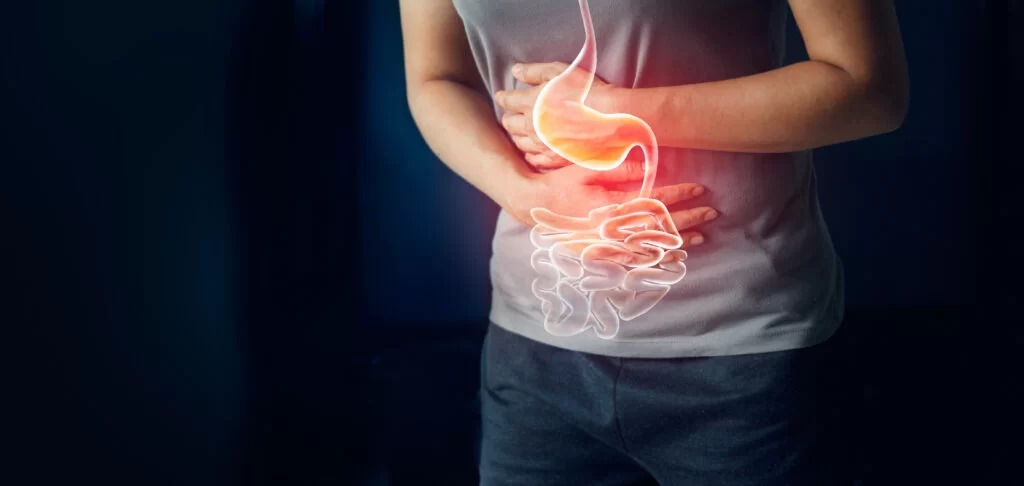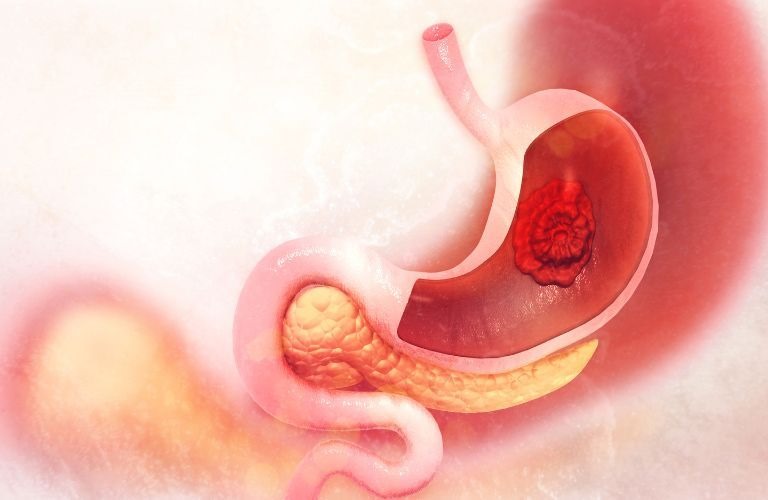Gastric cancer or stomach cancer is a disease in which malignant (cancer) cells form in the inner lining of your stomach. These cells can grow into a tumour. The disease usually grows slowly over many years.
Adenocarcinoma – It occurs in gland cells in the lining of the stomach. These cells make and release mucus and other fluids.
Lymphoma – It is the cancer of lymphatic cells/ lymphoid tissues that form part of the immunity system.
Carcinoid Cancer – It is a specific type of neuroendocrine tumour, which means they come from cells of the nervous system and endocrine system and can secrete hormones called serotonin.
Gastrointestinal stromal tumour – It is a disease in which abnormal cells form in the tissue of the gastrointestinal tract that helps in digestion.
Stomach Cancer Symptoms
Though it is hard to diagnose stomach cancer, early diagnosis can help in beating the disease. The only way is to keep a watch for early signs and symptoms. These include:
- Indigestion
- Feeling bloated after
- you eat a meal
- Heartburn
- Slight nausea
- Loss of appetite

Why does stomach cancer/gastric cancer happen?
The exact cause why stomach cancer happens is not known for many patients. Some possible causes that increase the risk of stomach cancer include:
- Some infections of the stomach (Helicobacter pylori)
- Alcohol intake
- Eating certain food chemicals, smoked or preserved food
- Rarely, mutations in familial genes
- However, no cause is found for the majority of patients.
Are stomach cancers curable?

Many cases of stomach cancer can’t be completely cured, but it’s still possible to relieve symptoms and improve quality of life using chemotherapy and in some cases radiotherapy and surgery. If operable, surgery can cure stomach cancer as long as all of the cancerous tissue can be removed.


